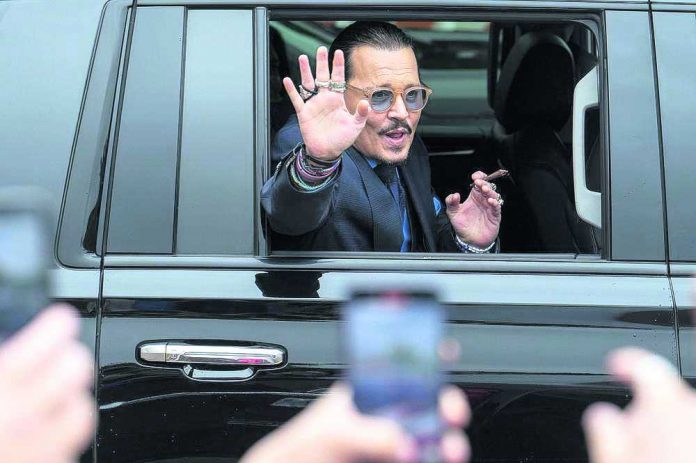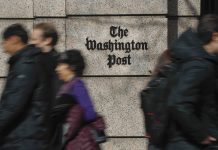(AP) — A seven-person civil jury in Virginia will resume deliberations Tuesday in Johnny Depp’s libel trial against Amber Heard. What the jury considers will be very different from the public debate that has engulfed the high-profile proceedings.
For six weeks, testimony focused on details of alleged abuse that Heard says she suffered at the hands of Depp. Heard has outlined more than a dozen specific instances where she says she was assaulted by Depp.
Depp has denied any physical or sexual abuse, and says Heard concocted the claims to destroy Depp’s reputation. Depp’s legions of online fans have focused on their belief that Heard has been untruthful, and that that will determine the outcome.
But the case itself is a defamation claim. Depp sued Heard for libel — for $50 million — in Fairfax County Circuit Court over a December 2018 op-ed she wrote in The Washington Post describing herself as “a public figure representing domestic abuse.”
That article never even mentions Depp by name, but his lawyers say he was defamed nonetheless. Most of the article discusses public policy as it relates to domestic violence, and Heard’s lawyers say she has a First Amendment right to weigh in.
In closing arguments, though, Depp lawyer Camille Vasquez argued that Heard’s free-speech rights have limits.
“The First Amendment doesn’t protect lies that hurt and defame people,” she said.
Depp’s lawyers point to two passages in the article that they say clearly refer to Depp.
In the first passage, Heard writes that “two years ago, I became a public figure representing domestic abuse, and I felt the full force of our culture’s wrath.” Depp’s lawyers call it a clear reference to Depp, given that Heard publicly accused Depp of domestic violence in 2016 — two years before she wrote the article.
In a second passage, she states, “I had the rare vantage point of seeing, in real time, how institutions protect men accused of abuse.” (Depp’s lawyers are also seeking damages over a headline that appeared above the online version of the article, even though Heard didn’t write it.)
The jury, which has to come to a unanimous decision for a verdict, must decide whether those passages in the Post are defamatory. And the verdict form gives them step-by-step instructions on how to determine that.




















